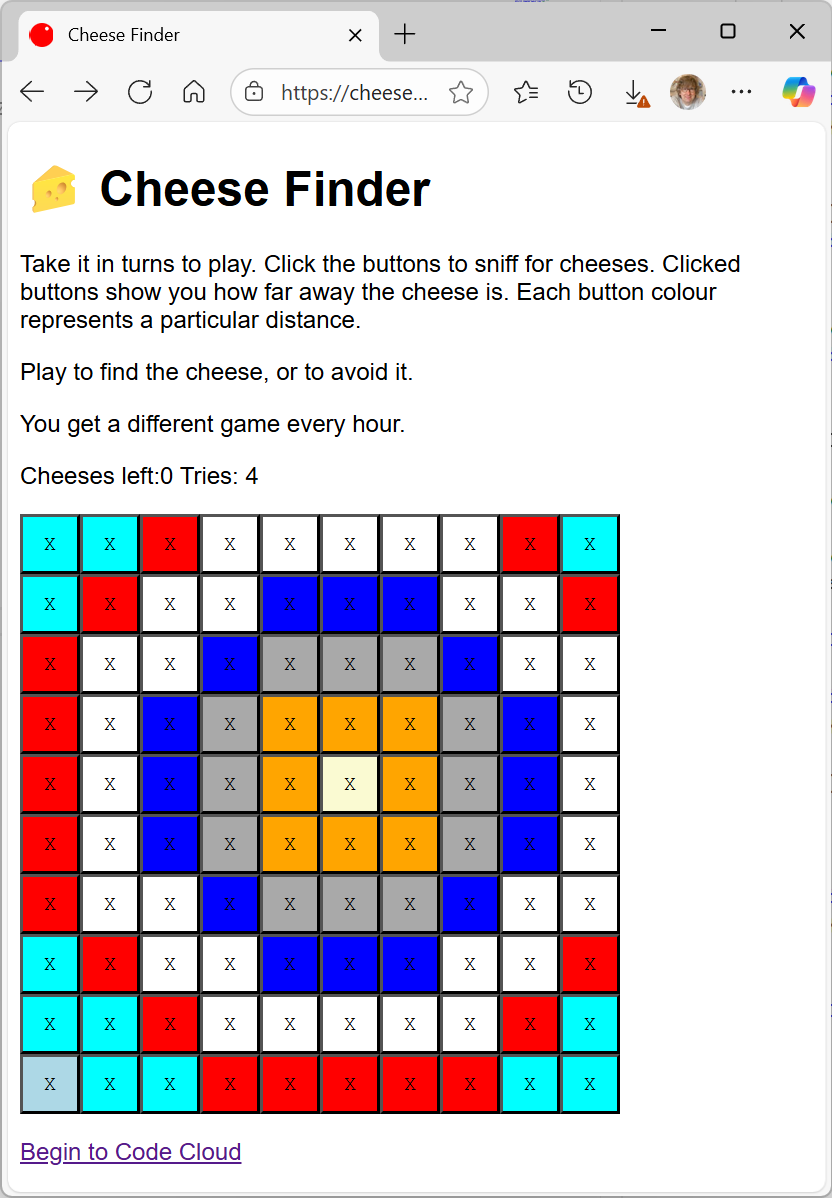Social Media and Professional Work
/Peter and I have spent quite a bit of time this week watching our second year students present their solutions to a commercial development problem that we set this semester. We created groups of students, gave them an incomplete specification, some legacy database code and turned them loose. It's been great fun.
One thing that is very important is that team members are in contact with each other during any development like this. Lots of teams told us that they had created private Facebook groups and used these to set up meeting and manage interactions. This worked well because, as they pointed out, they are all on Facebook and this makes it easy for them to keep in touch with each other. So it works, but is it professional?
After a few presentations I'd think I'd figured the right way to make the point that this probably isn't the best way to do it. I asked each group if they thought it would be OK for Peter and I to use a private Facebook group to store and manage their assessment results. Nobody thought this was a good idea. Even though the situation is exactly the same as someone writing software for money.
So, the lesson here is that if you're working on a proper project you should probably use proper tools to manage your group interactions. Take a look at Yammer, Basecamp, or Trello. These are perfect for short term student projects as they seem to have trial (or free) versions that would sit will with student assessments. And they are another skill you can put on your CV. Employers are just as interested in your experience with project management tools as they are with anything else.
You could even do something cunning like pick a system you've not to used for your next Three Thing Game team entry. Then write a blog post on how you got on with it later.






